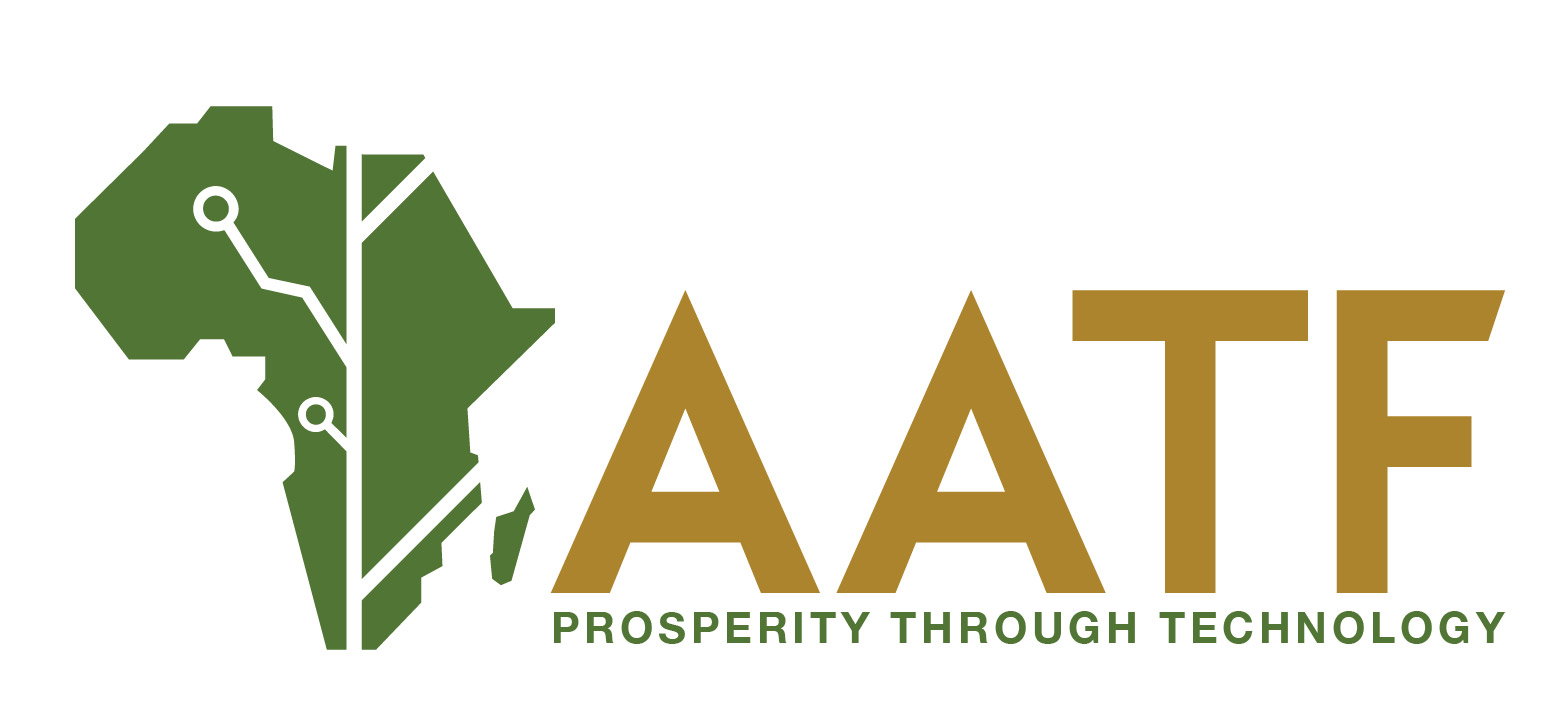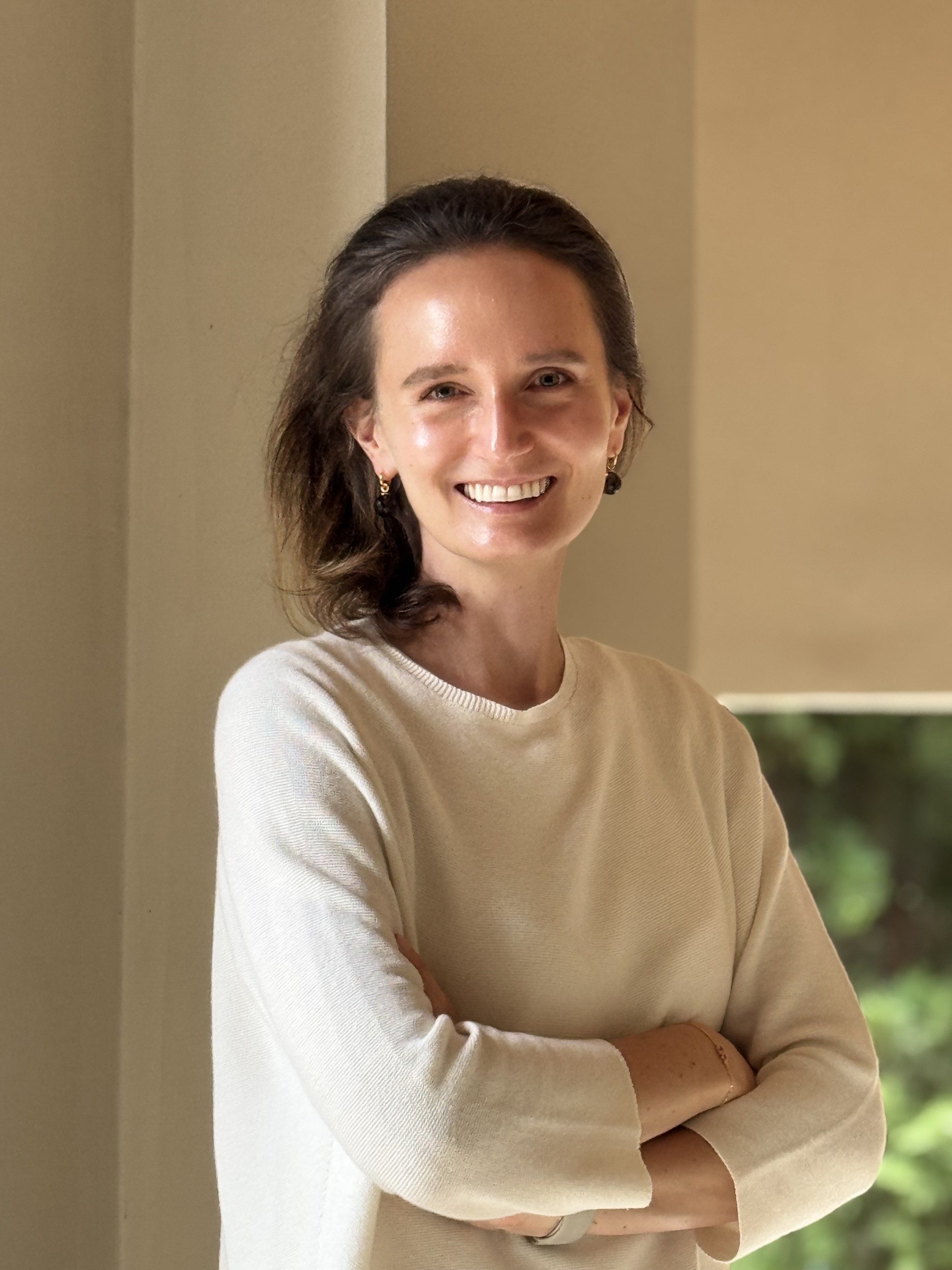1.0 Introduction
AATF is an international not-for-profit organization that is empowering smallholder farmers across Sub-Saharan Africa (SSA) with a wide choice of agricultural innovations that contribute to food and nutrition security to generate health and wealth for their families and communities. Established in 2003, AATF works across the value chain to access, develop, deliver, and commercialize innovative technologies that bring meaningful change to Africa’s agriculture. AATF is driven by a vision of a prosperous and food-secure Africa, one where millions of smallholder farmers can transform African agriculture with innovations that are transforming food production around the world. AATF believes that farmers in Africa will become globally competitive through utilization of the modern technologies. In addition, access to agricultural innovations will propel production and value addition to optimal levels as seen in developing countries that have embraced modern farming.
The Open Forum on Agricultural Biotechnology in Africa (OFAB) is a partnership platform that contributes to creation of an enabling environment for biotechnology research, development, and deployment for the benefit of smallholder farmers in Africa. Through enhancement of knowledge and awareness on agricultural biotechnology, OFAB builds understanding of the technology and contributes to informing decision-making.
Established by AATF in 2006, OFAB operates in 10 countries – Kenya, Uganda, Tanzania, Ethiopia, Ghana, Burkina Faso, Nigeria, Malawi, Mozambique, and Rwanda.
2.0 Justification for the Biotechnology Regulators Retreat
Despite the glaring need for integrating biotechnology in Africa’s food systems only few countries have successfully commercialized Genetically Modified (GM) products. Currently, GMOs are commercialized in South Africa, Malawi, Eswatini, Kenya, Ethiopia, Sudan, and Nigeria representing 12% of the continent. Only Nigeria and South Africa have commercialized genetically modified food products representing 3% of the continent. agricultural sector continues to face production and productivity challenges that could be addressed using biotechnology. Inadequate biosafety systems in Africa have generally beset research, development, and commercialization of GMO products. A Country’s biosafety framework provides guidance on all processes for acceptable research, development, and commercialization of biotechnology products. Following the ratification of the Cartagena Protocol on biosafety most countries have developed national Biosafety systems to promote balance between promoting learning, innovation, and protecting public interests.
In Africa, most countries have ratified the protocol a functional biosafety framework should have:
1) policy on biotechnology
2) laws and regulations on biosafety
3) an administrative system to handle applications and issue permits and
4) a mechanism for public participation for biosafety decision making
Most of the Africa’s biosafety systems are based on the precautionary principle of the Cartagena Protocol on Biosafety which has prevented progress to commercialization of the GM products. Additionally, the GMO debate in Africa has been shrouded in myths, misinformation, and propaganda which has scared the public from demanding such innovations. The regulators’ retreat brings together biosafety regulators from all OFAB countries to share experiences on the development and implementation of their respective biosafety frameworks.
3.0 General Objective:
To facilitate a retreat of the agricultural biosafety regulators from OFAB countries to enhance shared learning and exchange of experiences to advance biosafety regulation in Africa.
4.0 Specific Objectives:
The consultant shall be expected to achieve the following:
- Contribute to the final development of the OFAB Countries Biosafety Regulators Retreat Programme.
- Facilitate the proceedings of the three-day biosafety regulators retreat with clear daily summaries and way forward.
- Develop a workshop report from the Regulators Retreat within 3 weeks from the conclusion of the retreat.
- Prepare a concise presentation summarizing the report’s key findings and recommendations for dissemination to stakeholders.
5.0 Duration
The assignment shall take a total of 15 days for a period of 45 days from the day the contract is signed.
6.0 Qualification/Experience
- The candidate should possess at least a master’s degree in a related discipline from a recognized and accredited University.
- Minimum of ten (10) years’ verifiable experience in facilitating workshops and development conversations and strategic convenings.
- Diplomatic, respectable, and friendly personality with ability to interact with people from diverse professions and nationalities.
- Ability to operate under strict time limits with high level professionalism.
- Track record of successful facilitation of educative meetings.
- Fluency in English with Knowledge of French or Portuguese as an added advantage.
7.0 Application Criteria
Interested consulting firms or individual consultants should submit the technical and financial proposal.
Technical Proposal
- Clear work plan and facilitation proposal in English, describing the proposed direction to undertake this assignment. The proposal should capture previous experience on similar projects.
- Submit three most recent samples of previous work samples demonstrating the most relevant to the undertaking.
- Three references (with contact information) from previous clients.
- List and qualifications of support team, with CVs and functional responsibilities of the key people facilitator.
- Recommendation letters from previous corporate clients will be an added advantage.
Financial Proposal
- Detailed financial proposal with a complete breakdown of all estimated costs, including estimated days of working, travel-related costs, and disbursements.
- The budget should have a clear cost structure for the assignment.
- All applicable taxes should be included.
8.0 Application Submission
Interested candidate(s) should submit their application to the Procurement Officer through the email procurement@aatf-africa.org with the subject head “Workshop facilitator for biotechnology regulators, Ethiopia.’’ by COB Thursday 15th June 2023.
9.0 Terms and conditions of the proposal
AATF reserves the right to request new or additional information regarding each service provider and any individual or other persons associated with its project proposal. AATF reserves the right not to make any appointment from the proposals submitted.
Service providers shall not make available or disclose details pertaining to their Project proposal with anyone not specifically involved unless authorized to do so by AATF. Service providers shall not issue any press release or other public announcement pertaining to details of their project proposal without prior written approval.
AATF Service providers are required to declare any conflict of interest they may have in the transaction for which the tender is submitted or any potential conflict of interest. AATF reserves the right not to consider further any proposal where such a conflict of interest exists or where such potential conflict of interest may arise.
10.0 Confidentiality Statement
All data and information received from AATF for the purpose of this assignment are to be treated confidential and are only to be used in connection with the execution of these Terms of Reference. All intellectual property rights arising from the execution of these Terms of Reference are assigned to AATF.




















































































